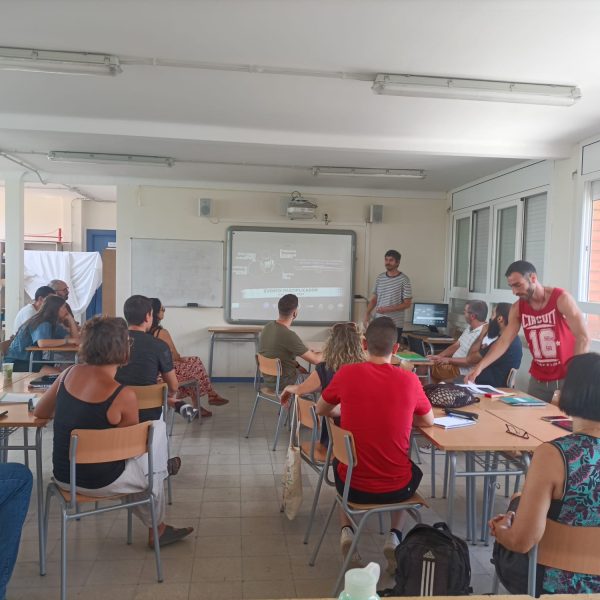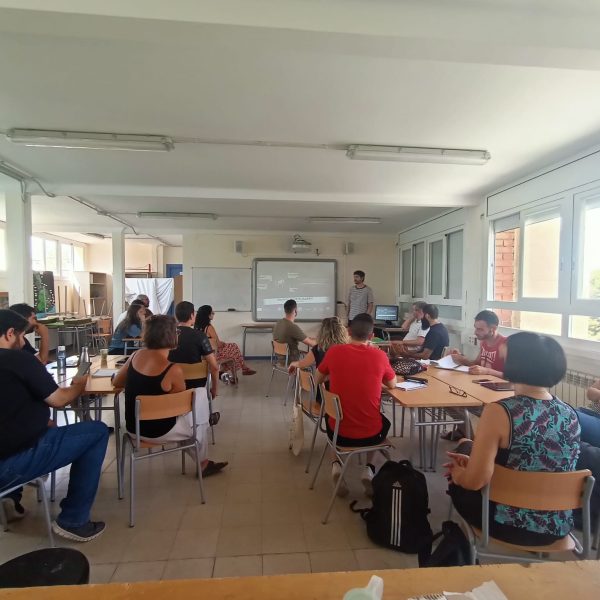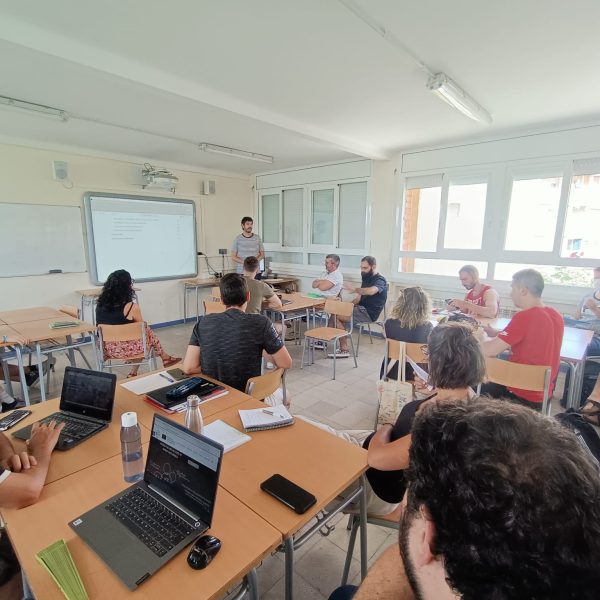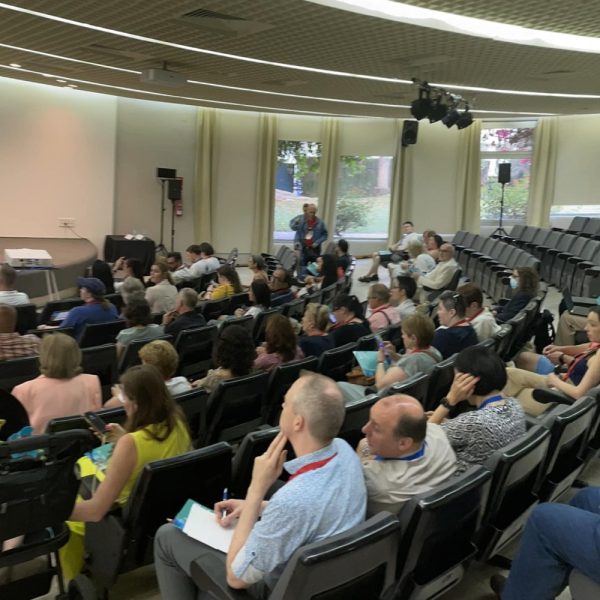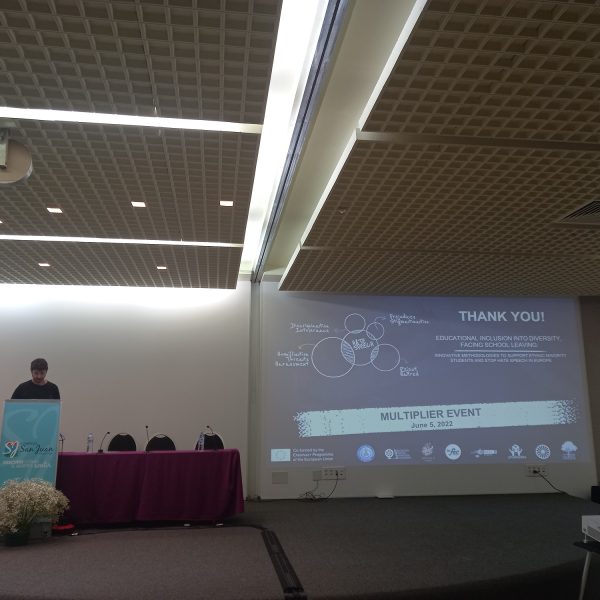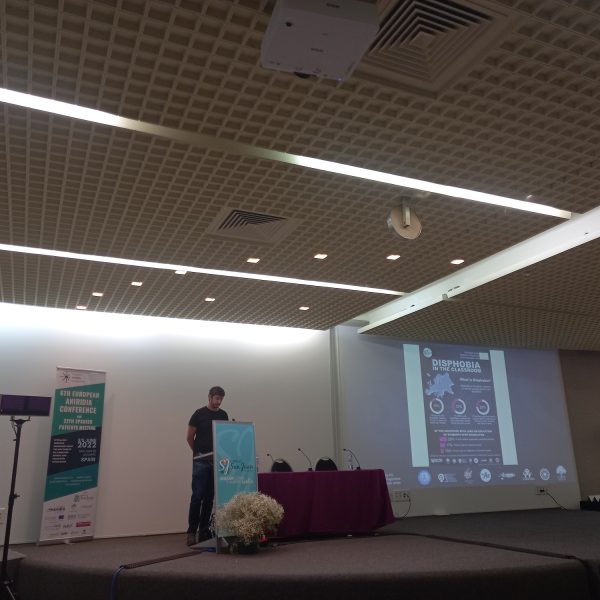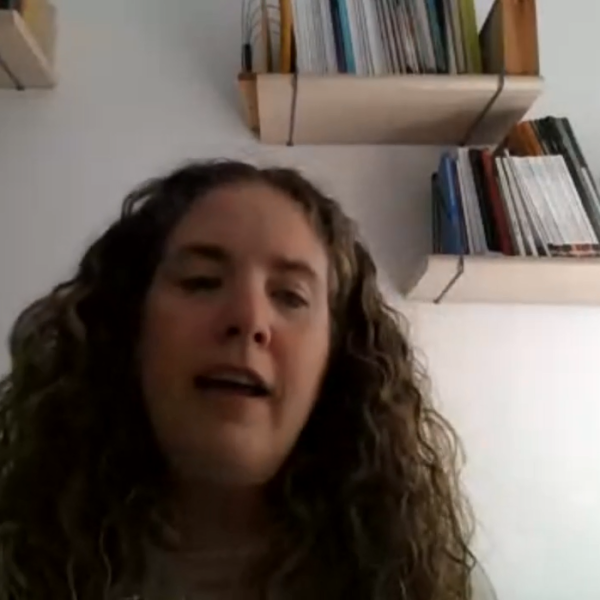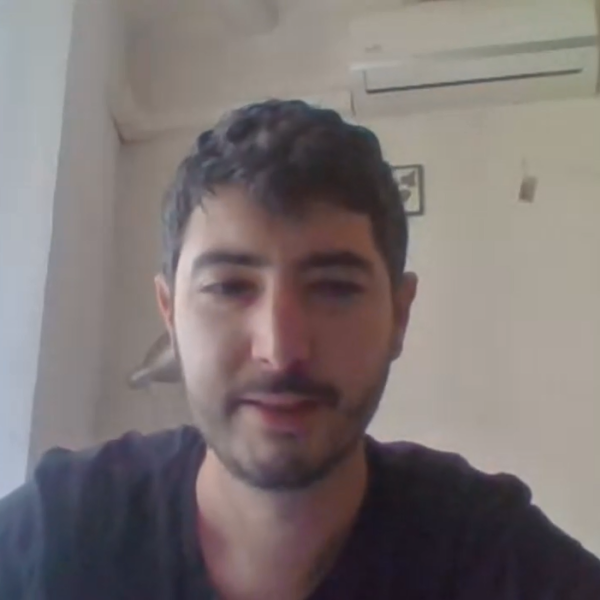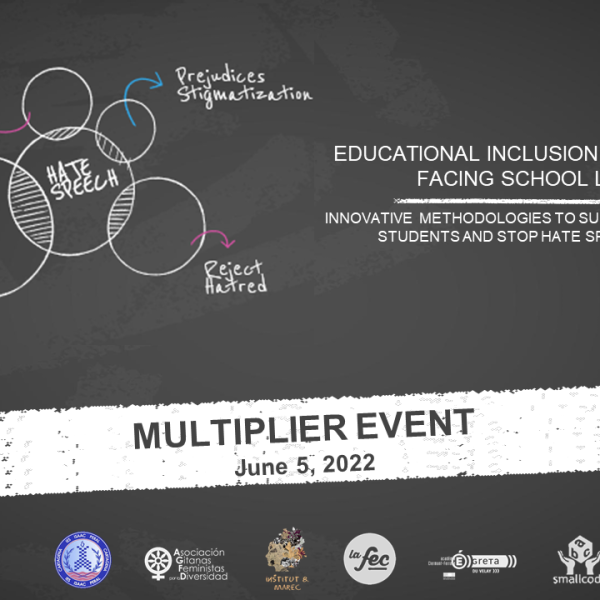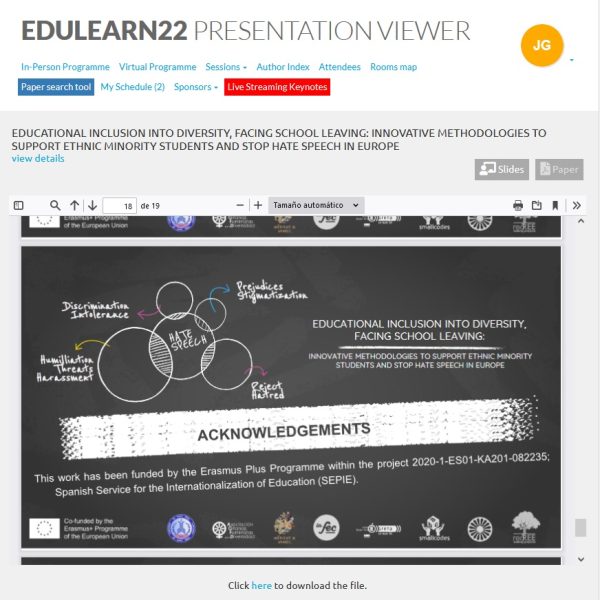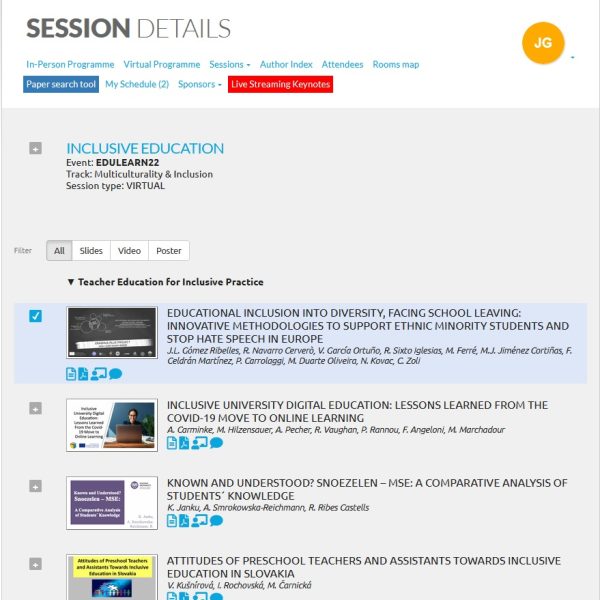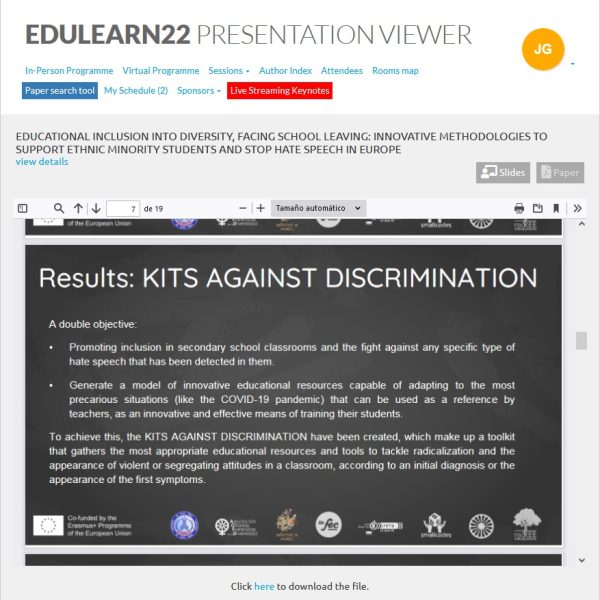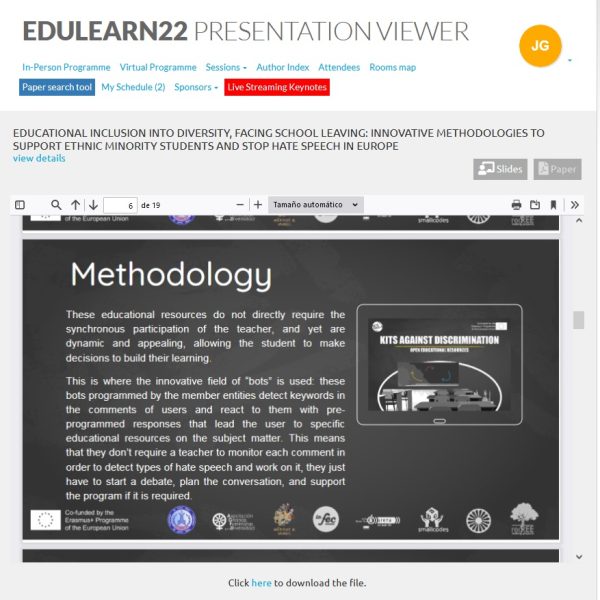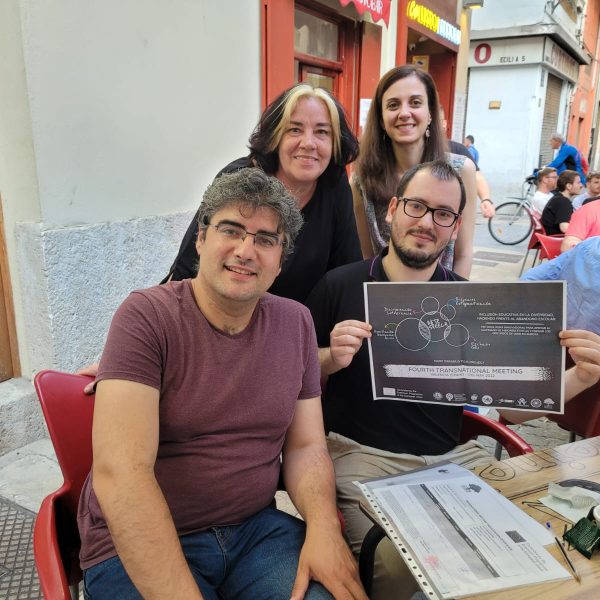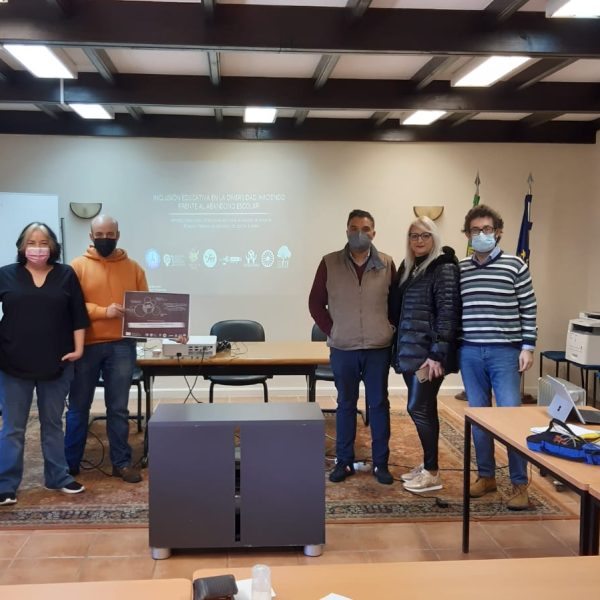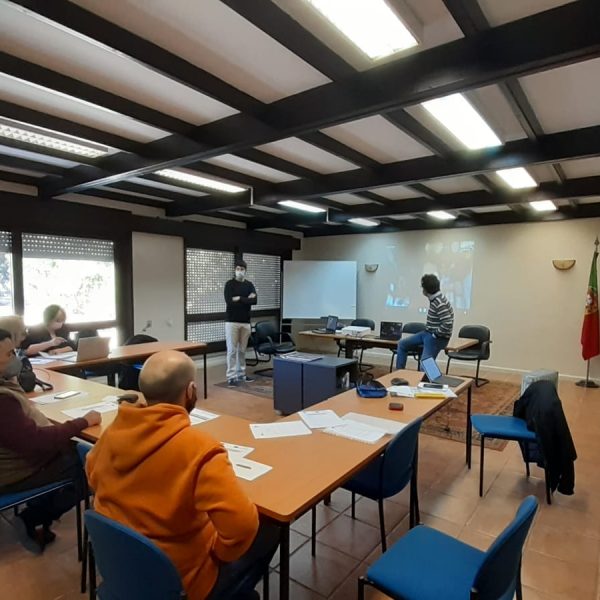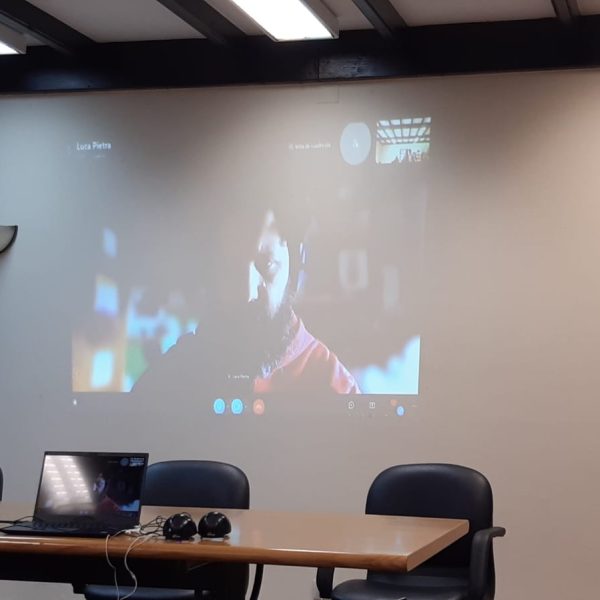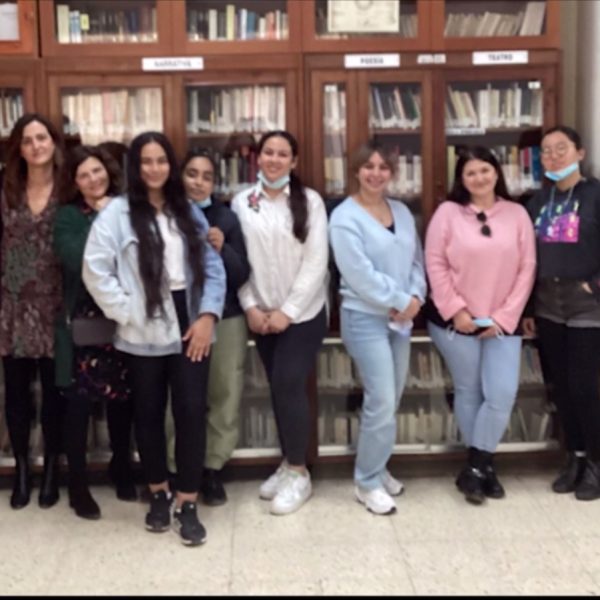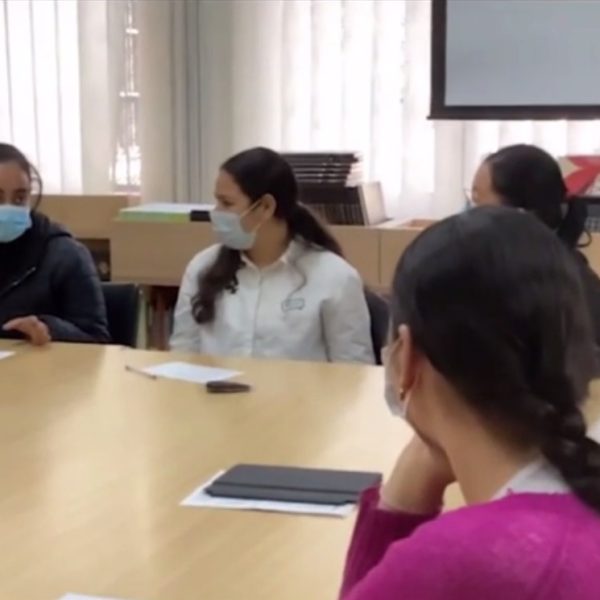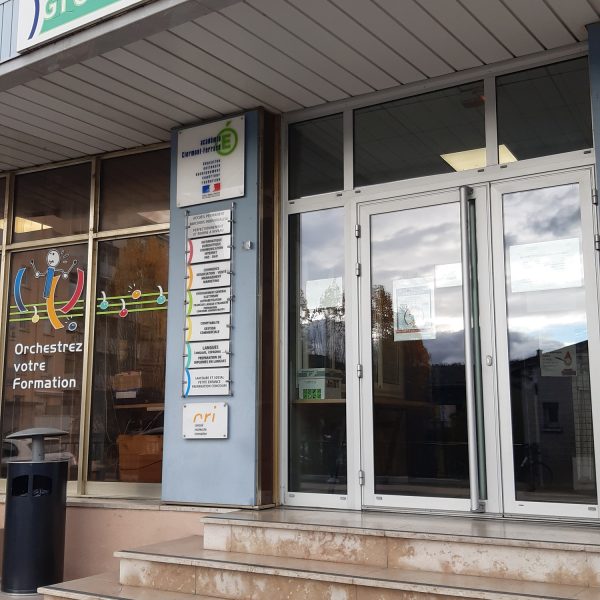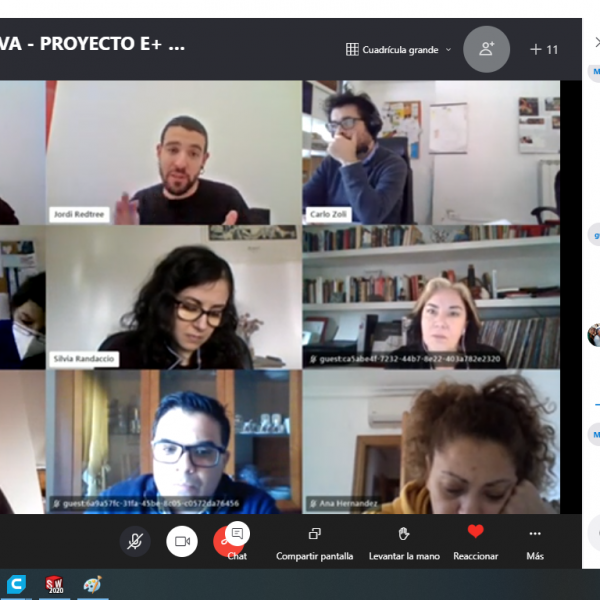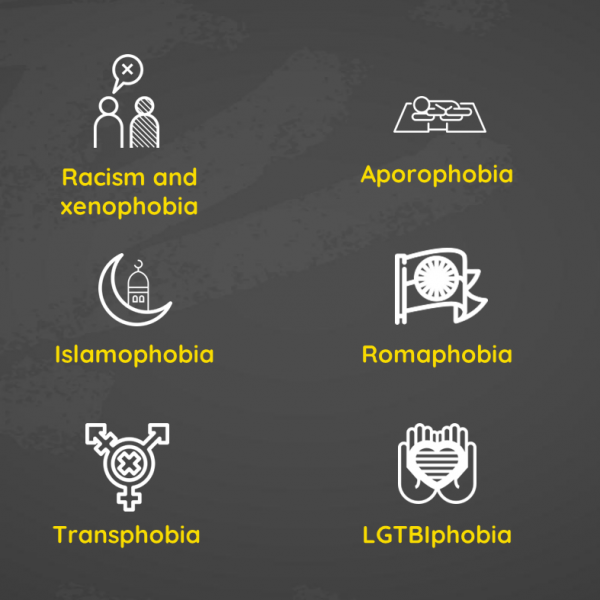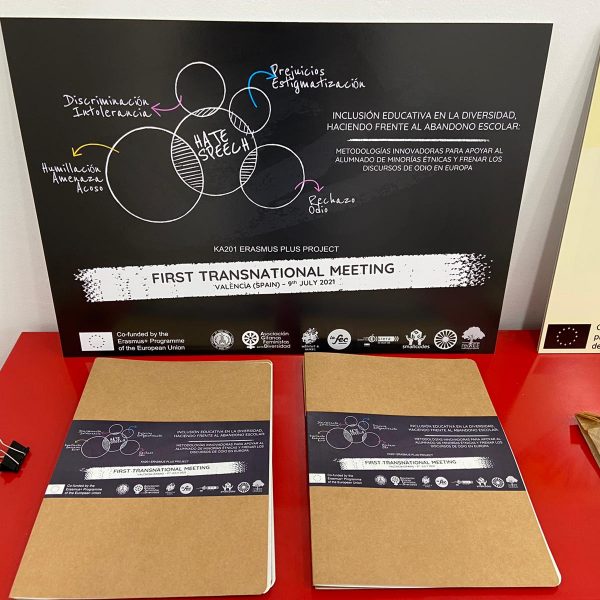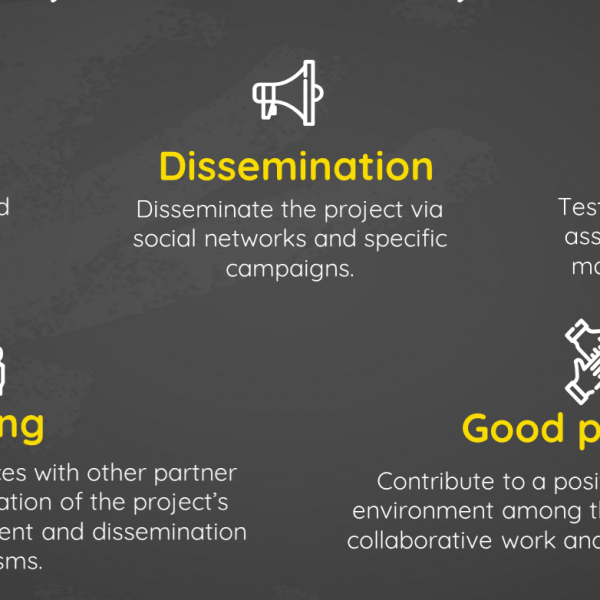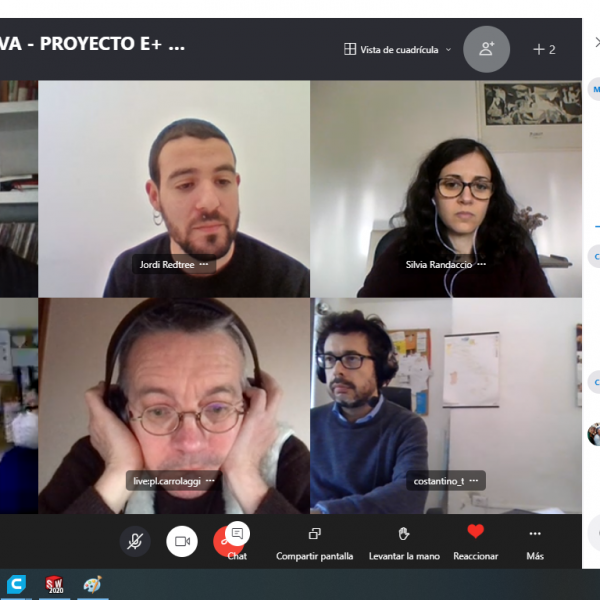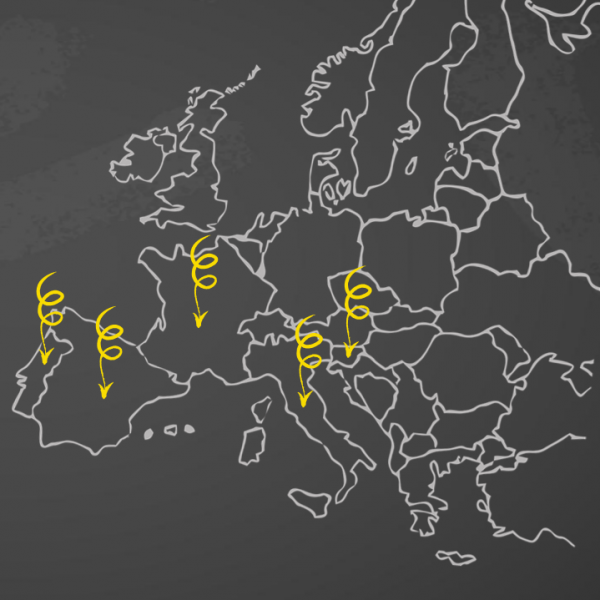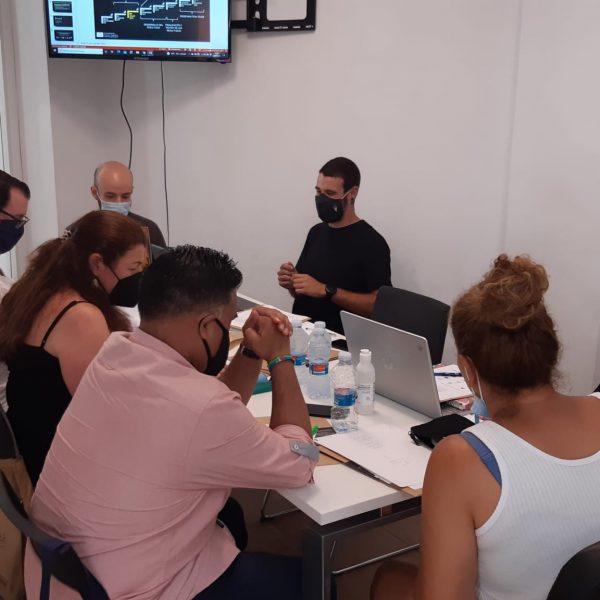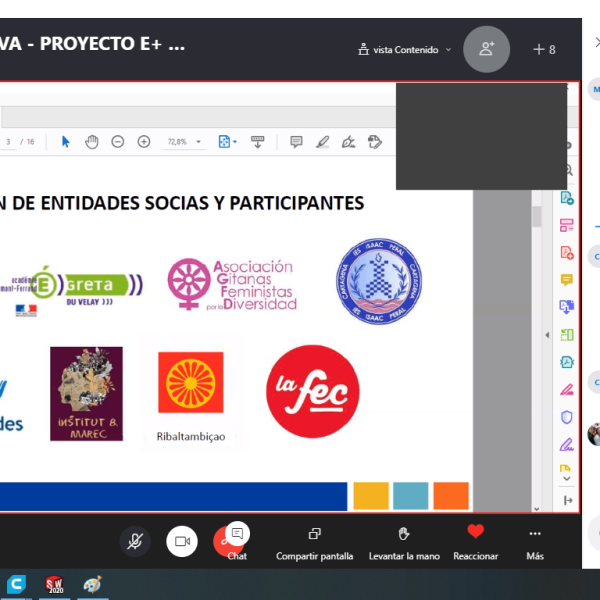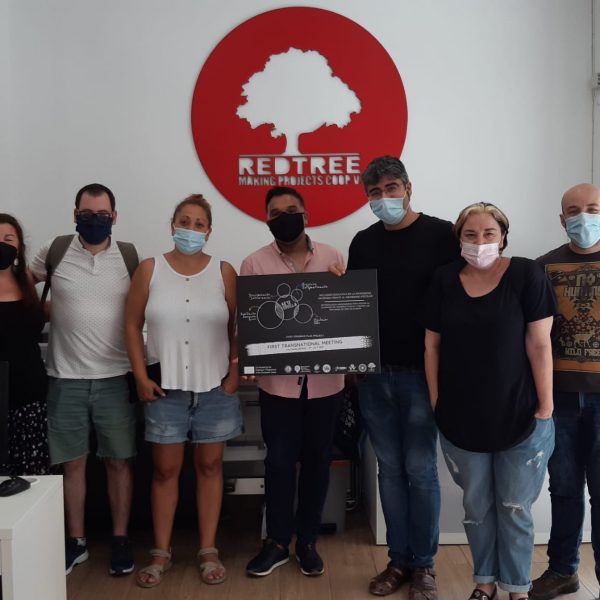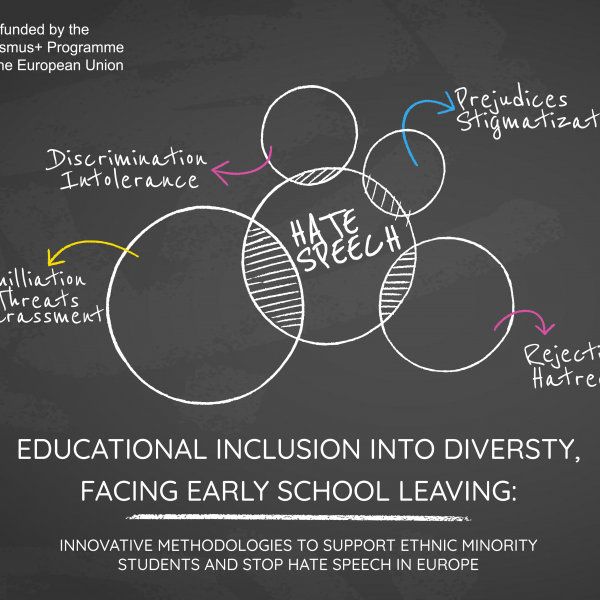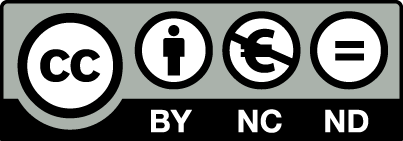The project “EDUCATIONAL INCLUSION INTO DIVERSITY, FACING EARLY SCHOOL LEAVING: Innovative methodologies to support ethnic minority students and stop Hate Speech in Europe” is built from the knowledge and needs of the reality that secondary school students live when they are victims of harassment and Hate Speech.
This project aims to stop the first signs of divisive attitudes in the classroom when they are starting to be a problem, and even before they become one, by training teachers and providing them with tools to detect this type of hatred in the classroom. In recent years, studies show that the levels of harassment suffered by minority students -such as roma students- have increased significantly, and in direct relation to the increase in Hate Speech and far-right movements that are managing to permeate schools, especially secondary schools. Thus, we have created a virtual environment to identify the segregation of students in their classroom and the appearance of Hate Speech and its first indications against students at risk of exclusion (R1).
We have also created dozens of kits aimed at promoting coexistence, inclusion, and empathy among high school students with obstacles as a mechanism to prevent early school leaving (O2). To achieve these objectives, eight entities experts in the fields of action of this project have come together in a cross-sectoral strategic alliance to work together and end hatred in secondary school classrooms, creating an inclusive environment for all students.
WE HAVE DEVELOPED RESULTS THAT ARE BEING IMPLEMENTED IN 9 EDUCATIONAL CENTER
PROJECT DESIGN
Before the application of the project, the Dissemination Plan was designed, defining all the relevant aspects of the dissemination and visibility of the project, the Erasmus+ Programme and the results.
PREPARATION
This is an essential step in these projects, especially when some partners are new to Erasmus Plus. A thorough preparation stage allows us to avoid serious communication problems in future stages of the project.
RESULTS CREATION
Here you can find the multiple and very diverse activities aimed at developing all the results of the project, like the Intellectual Outputs and the tangible or structural results.
VISIBILITY AND DISSEMINATION
The dissemination and visibility allowed the partners to spread information about the project while promoting the use of its results through activities aimed at the most appropriate multipliers, achieving a greater impact.
EVALUATION OF THE PROJECT
The evaluation of this project and its results was carried out by dozens of experts external to the project, as well as by its participants and all people involved in it.
PILOT TEST
In this project, many pilot tests have been carried out to test the results with the students and secondary education teachers, and implement their suggestions for improvement to increase the quality of the results.
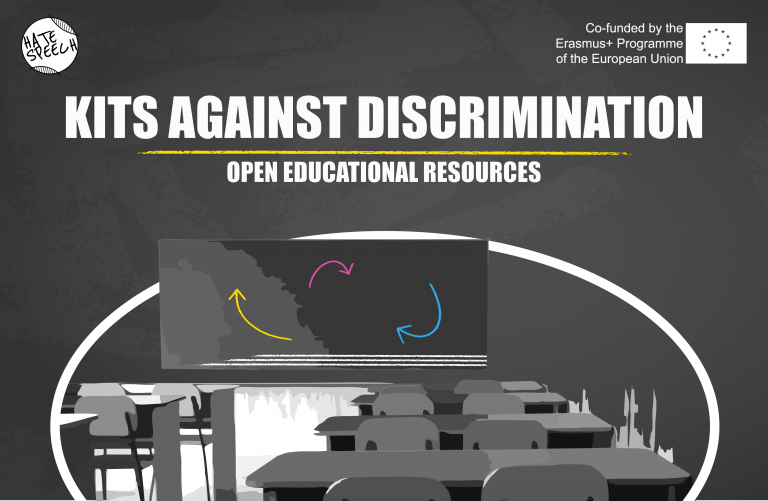
O2: OPEN EDUCATIONAL RESOURCES (OERs) FOR TEACHERS – KITS AGAINST DISCRIMINATION
Kits aimed at promoting coexistence, inclusion, and empathy among high school students with obstacles as a mechanism to prevent early school leaving.
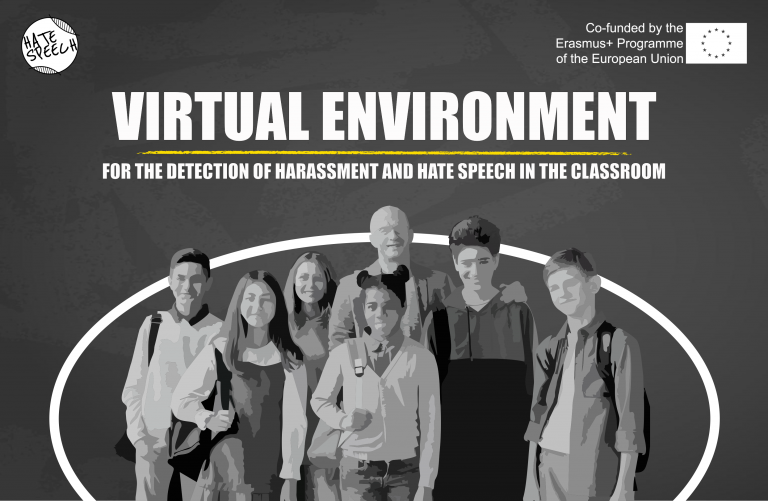
R1: VIRTUAL ENVIRONMENT FOR THE DETECTION OF HARASSMENT AND HATE SPEECH IN THE CLASSROOM
A virtual environment to identify the segregation of students in their classroom and the appearance of hate speech and its first signs against students at risk of exclusion.
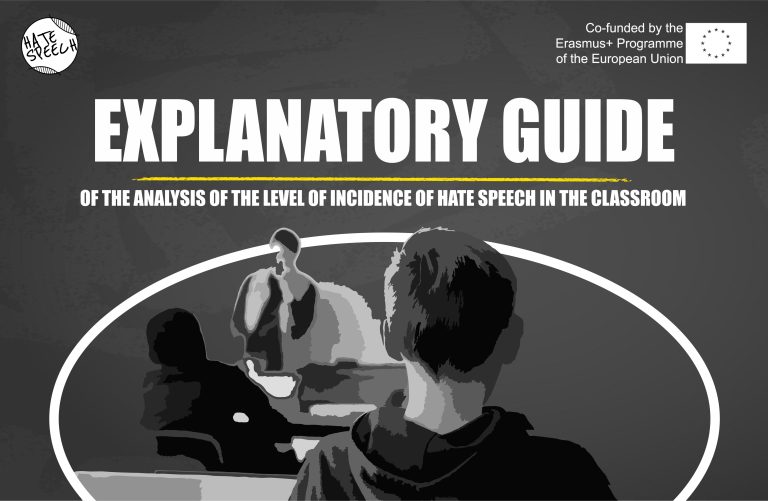
R2: EXPLANATORY GUIDE OF THE ANALYSIS OF THE LEVEL OF INCIDENCE OF HATE SPEECH IN THE CLASSROOM
This guide lays the theoretical, educational, and mathematical basis for defining the algorithm that R1 uses to generate the report for the analysis of the incidence of Hate Speech in the classroom.

R3: DIDACTIC PROGRAM FOR THE INCLUSION OF ROMA STUDENTS IN THE CLASSROOM
A didactic program with specific contents for teachers that serve as resources to support the O2: KITS AGAINST THE DISCRIMINATION IN THE CLASSROOM.
The results of this project are very suitable to work on Hate Speech in the classroom and the bullying it leads to. On the one hand, the Open Educational Resources of the Kits are very complete, working exhaustively on the many types of Hate Speech that exist; on the other hand, the virtual environment for the detection of Hate Speech in the classroom is a very useful educational tool for teachers, since it allows to discover which are the main Hate Speeches present among students and work directly with them.
Ana García, Primary Education Teacher.
“These educational materials help move towards a better, more inclusive, more tolerant, and hate-free education. Much of the harassment and Hate Speech in the classroom is enhanced by the ignorance of the students, which is why these educational resources allow the development of knowledge and key skills to advance towards an education free of harassment and hatred.”
David Chorda, Primary Education Teacher.
“The materials created are very visual and help to make visible and understand key issues in today’s society. The approach to issues of great social importance and the relationship between research and practice in the classroom is appreciated.”
Diana Marín Suelves PDI Contracted / Da Doctor / A – Department: Didactics and School Organization, Coordinator of the firm of Special Educational Needs, University of Valencia
“After reading the project you are carrying out, it seems to me pretty well fitted to help redirect some of the social problems that are detected in the classrooms. Congratulations and godspeed.”
Roberto Blanes, History teacher with extensive experience in coexistence and bullying.
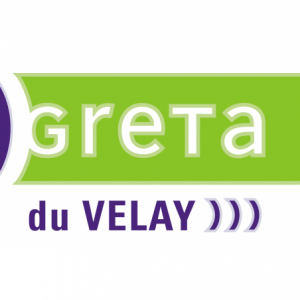
GRETA DU VELAY
Greta du Velay, in the Haute-Loire region (France), encompasses 22 schools located in the territory of Velay, provides training for adults in many areas, and leads actions for specific groups (newcomers, young people in integration, etc.). Our national and international activities are carried out by its Consulting-Research-Innovation department; since 1996, numerous European projects have allowed us to work with partners from all over Europe, and thus acquire expertise in very diverse areas of training.
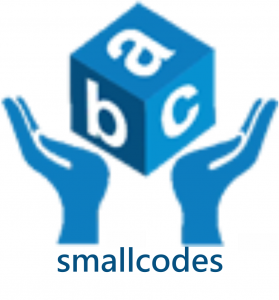
SMALLCODES
Smallcodes is an Italian software development company divided into three areas of activity. The first and main one concerns our safeguard and promotion of linguistic diversity through technology, to create a network of linguistic minorities to guarantee a constant and systematic presence of all languages in the media and online. We currently include Occitan, Sardinian, Ladin, Walser, Lombard, Cimbrian, Mòcheno, Sappadino, Rromani, and many others.
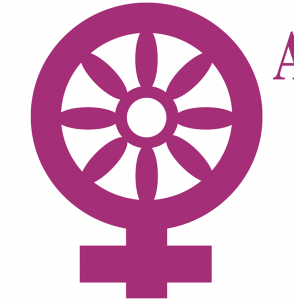
AGFD
ASOCIACIÓN GITANAS FEMINISTAS POR LA DIVERSIDAD was born in April 2013 facing a decisive fact: that independently of the political situation of Spain and Europe, the Roma situation is intrinsically linked to social services, charity, Onegerism, and paternalism, assuming us to be “saved and rescued” from “cultural poverty”. We raise awareness on Roma and non-Roma consciences, and demand corresponsibility; with enthusiasm and without fear we will succeed in this great project.
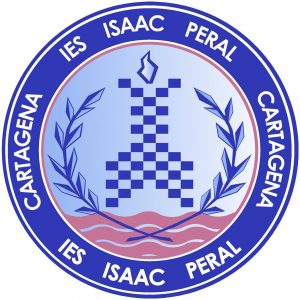
IES ISAAC PERAL
IES Isaac Peral began its activity in the 1968; it is located in the city of Cartagena, Murcia (Spain), and most of its students come from neighborhoods such as: El Ensanche, El Rosell, San Ginés, Estación, Vista Alegre, and Alumbres. Our objectives are to facilitate the participation of parents, highlight the roles of tutors, improve students’ coexistence within it, promote the use of ICTs, promote the students’ vocation towards research, and constantly improve its facilities and request new material resources.
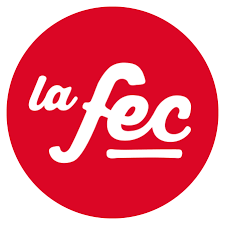
La FEC
Fundación por la Europa de los Ciudadanos (FEC) is a Spanish institution with more than 15 years of experience, linked to the Parliamentary Group of the Green and United Left in the European Parliament (GUE), which has resulted in the realization of reports, research, organization of activities, etc. FEC works contributing to build a more fair, supportive, and egalitarian EU by: defending human rights, promoting social action and constitutional values, defending democratic principles, and promoting tolerance and solidarity between all persons.
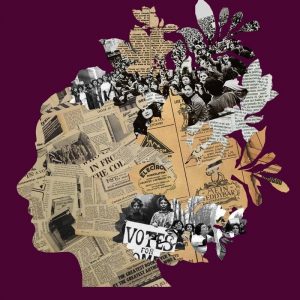
INŠTITUT 8 MAREC
Inštitut 8 Marec is an organization focused on feminism, to achieve real equality between men and women, and help women to overcome the gender obstacles they face. Our aim is to challenge neo-conservatism, not only investigating specific agents like civil society movements and political parties, but also organizing concrete actions to stop the sexist and hate speech spreading through Europe. This is carried out through specific projects, the use of institutional mechanisms, and political influence to achieve equal opportunities between men and women in different areas.

RIBALTAMBIÇAO
RIBALTAMBIÇÃO (Association for Gender Equality in Roma Communities) is a non-profit association that actively promotes roma culture, social inclusion, and gender equality in roma communities, especially in the town where it is based (Figuera da Foz, Portugal). The entity comprised of dozens of roma people, mostly women, who actively work to achieve their empowerment through various educational and social projects.
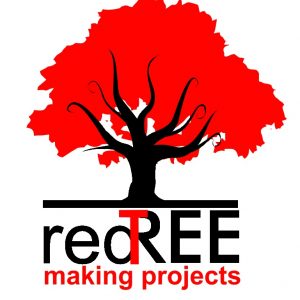
REDTREE
Redtree Making Projects is a social cooperative based in Valencia (Spain) that spends a great deal of effort and resources to implement their own projects to change the world for the better.
We do this with the will of contributing to enhance the rights and conditions of the most disadvantaged groups and help build a fairer European society, consistent with the statutory purposes of a cooperative. We start projects and initiatives with a positive impact in Europe, especially for social inclusion, education, and equality, through the Erasmus Plus Programme.



